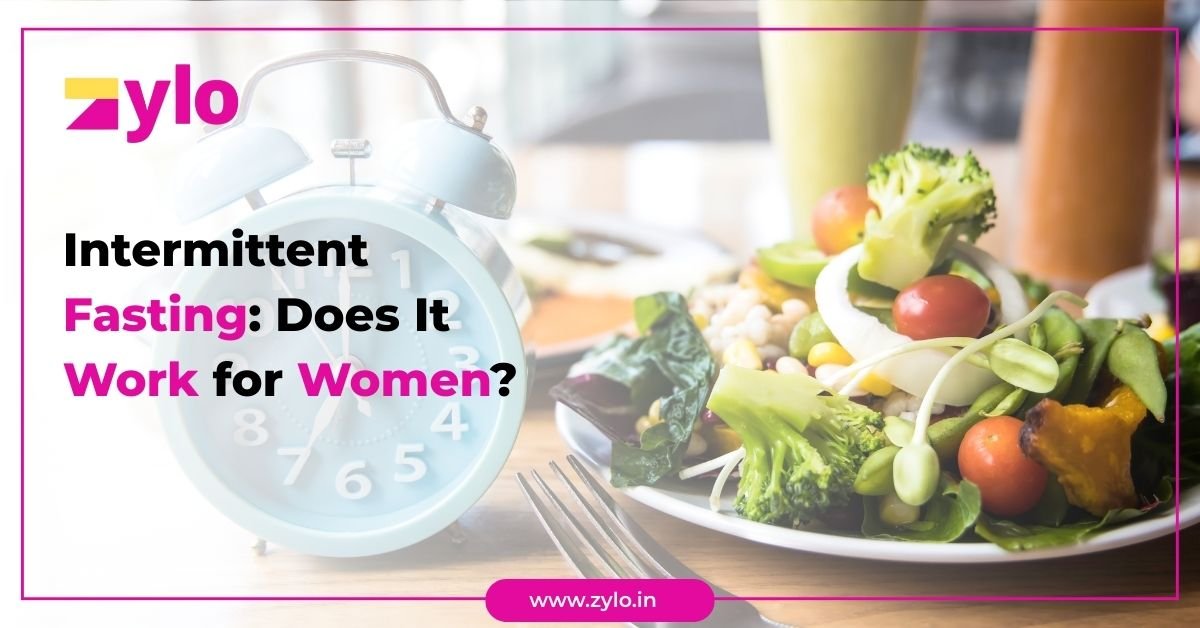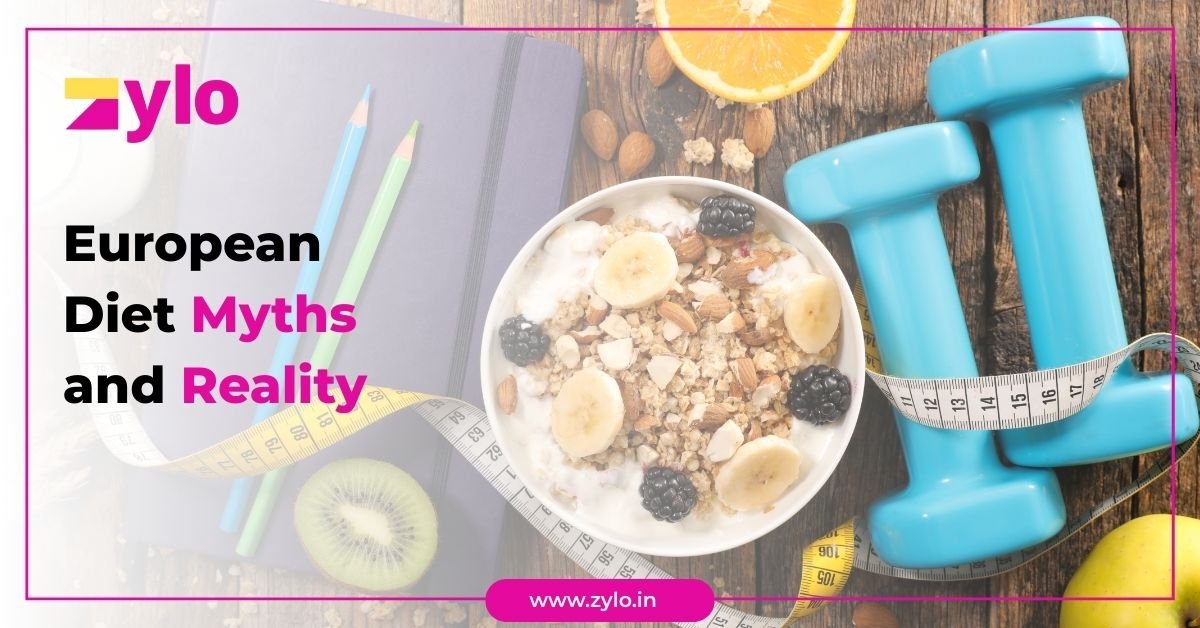Intermittent fasting (IF) has gained massive popularity in the health and wellness space. From celebrities to fitness coaches, everyone seems to rave about the results. But when it comes to women, the question remains: Does intermittent fasting really work—and is it safe?
The answer is both yes and no. While intermittent fasting can indeed support fat loss, hormone balance, and better energy levels, it’s not a one-size-fits-all approach. In fact, women’s bodies respond quite differently to fasting than men’s, due to hormonal fluctuations and metabolic needs.
We’ll break down how intermittent fasting works, its benefits and risks specifically for women, and how to integrate it into the best meal plans for women who want sustainable results.
What Is Intermittent Fasting?
Intermittent fasting is not a diet — it’s an eating pattern. Instead of focusing on what to eat, IF focuses on when to eat.
Popular fasting schedules include:
- 16:8 method: Fast for 16 hours, eat during an 8-hour window.
- 14:10 method: Fast for 14 hours, eat during a 10-hour window.
- 5:2 method: Eat normally for 5 days; reduce calories (500–600) for 2 days.
- Alternate-day fasting: Eat every other day (not ideal for beginners or women).
During the fasting window, no calories are consumed, only water, black coffee, or herbal tea.

Get Fit, Have Fun and Lose Weight at Home
- Certified Female Trainers
- No gym, no equipment needed
- Flexible timings
Why Women Need a Different Approach
Men and women have very different hormonal landscapes. Fasting can impact women’s reproductive hormones (like estrogen and progesterone), thyroid function, and stress responses. If done incorrectly, it may lead to:
- Irregular menstrual cycles.
- Increased anxiety or fatigue.
- Trouble sleeping.
- Slower metabolism.
That’s why it’s crucial to adapt intermittent fasting into the best meal plans for women, keeping in mind energy demands and hormone balance.
Benefits of Intermittent Fasting for Women
When done safely and correctly, intermittent fasting can offer the following benefits:
1. Improved Fat Burning
Fasting allows the body to deplete stored glucose and switch to fat-burning mode, which is ideal for women targeting belly fat.
2. Simplifies Meal Planning
With fewer meals to prepare, IF can make healthy eating simpler and easier to stick to—especially for busy women.
3. Mental Clarity and Focus
Many women report better productivity and alertness during fasting hours due to stable insulin and reduced digestive load.
4. Better Blood Sugar Control
IF helps improve insulin sensitivity, especially beneficial for women with PCOS, prediabetes, or insulin resistance.
5. Reduces Late-Night Snacking
A structured eating window naturally cuts down on evening snacking, a common weight gain trigger.
Best Intermittent Fasting Strategy for Women
Women need to fast gently and gradually. Here’s a safe starter plan that can be integrated into the best meal plans for women:
Week 1–2: Try 12:12 fasting
- Fast for 12 hours, eat during the remaining 12.
- Example: Eat from 8 am to 8 pm.
Week 3–4: Transition to 14:10
- Fast from 7 pm to 9 am.
- Eat your meals between 9 am and 7 pm.
Long-term: Consider 16:8 if tolerated
- Fast from 7 pm to 11 am.
- Have brunch/lunch around 11 am, dinner before 7 pm.
Avoid prolonged fasts during menstruation, intense stress, or if you’re pregnant or breastfeeding.
Sample IF-Compatible Meal Plan (for 14:10 or 16:8)
Here’s a sample plan combining intermittent fasting with the best meal plans for women looking for healthy weight loss:
Meal 1 (Break-Fast at 11 AM)
- Scrambled eggs with spinach + multigrain toast.
- 1 fruit (apple or banana).
- Herbal tea or black coffee.
Meal 2 (2:30 PM)
- Quinoa salad with chickpeas, cucumbers, tomatoes, and olive oil.
- A cup of buttermilk.
Meal 3 (6:30 PM)
- Vegetable soup.
- 1 phulka with dal and sautéed greens.
- Handful of roasted seeds.
Hydrate during fasting hours with lemon water, herbal tea, or plain water.
Intermittent Fasting and Hormones
Here’s how IF may affect key hormones in women:
- Estrogen: Sudden or long fasts can lower estrogen, which may disrupt the menstrual cycle.
- Cortisol: Fasting can elevate stress hormones, especially if paired with poor sleep.
- Thyroid: Women with hypothyroidism should fast cautiously; too much fasting may reduce T3 hormone.
- Insulin: When done right, IF can reduce insulin spikes and increase sensitivity—key for fat loss.
The key to success is listening to your body. If you feel dizzy, fatigued, or moody, it may be a sign to shorten your fasting window.
Who Should Avoid Intermittent Fasting?
While IF works well for many, it may not be ideal for:
- Women with a history of eating disorders.
- Pregnant or breastfeeding women.
- Women with adrenal fatigue or thyroid disorders.
- Those with very low body fat or underweight individuals.
In these cases, a balanced 3-meal-per-day plan might be more effective and safer.
Myths About Intermittent Fasting for Women
Myth: “Skipping breakfast is unhealthy”
Truth: A delayed breakfast can be part of a healthy pattern—as long as you meet nutrient needs in your eating window.
Myth: “You can eat anything during eating hours”
Truth: IF is not a license to binge. You still need nutrient-dense foods.
Myth: “Fasting ruins metabolism”
Truth: When done mindfully, IF can actually support metabolic flexibility.
How to Know If IF Is Working
Within a few weeks of consistent IF, you should notice:
- Reduced bloating and cravings.
- Easier portion control.
- Improved digestion and sleep.
- Slow but consistent fat loss.
- Fewer energy crashes.
Pairing it with light exercise (like walking or Zumba) and best meal plans for women enhances results without burnout.

Get Fit, Have Fun and Lose Weight at Home
- Certified Female Trainers
- No gym, no equipment needed
- Flexible timings
Tips for Sustainable IF Success
- Hydrate regularly – Don’t mistake thirst for hunger.
- Prioritize sleep – Poor sleep cancels out fasting benefits.
- Track progress – Journaling or using apps helps.
- Eat whole foods – Include protein, fiber, and healthy fats in every meal.
- Stay flexible – It’s okay to adjust or skip IF during social events or stress.
Final Thoughts
So, does intermittent fasting work for women? The answer is: yes—with the right approach. It can be an empowering, time-saving, and effective strategy when paired with the best meal plans for women, self-awareness, and a balanced mindset.
Always remember: what works for one woman might not work for another. The goal is not just to fast, but to fuel your body smartly during your eating window. When done right, intermittent fasting can become not just a tool for weight loss — but a step toward more mindful living.



